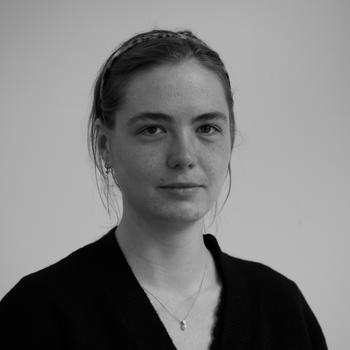Maria Fasbender
Trust and Normativity
The central question of my doctoral project is: What forms of trust exist in the context of normative practice and what role do they play in each case? To this end, normative practice is understood as an intersubjectively shared practice, which differs from the idea that norms are abstract rules with a fixed meaning independent of their application. According to a conception of rule-following based on Wittgenstein and Hegel, a norm is determined by its constantly changing application and does not require a supposedly timeless interpretation. The dissertation aims to show that a theory of normativity conceived in this sense calls for a typology of trust that encompasses both the epistemic and the ethical dimensions of the concept of trust. Particular attention is paid to the close link between knowing and not knowing, or certainty and uncertainty, located in a field of tension between blind and active trust. The concept of blind trust is primarily discussed with Wittgenstein, while active trust, in which the impossibility of an ultimate justification is accepted, is the subject of reflection in Hegel.
Research Interests:
- The intersection of analytical philosophy and German idealism
- Philosophy of language
- Philosophy of mind





